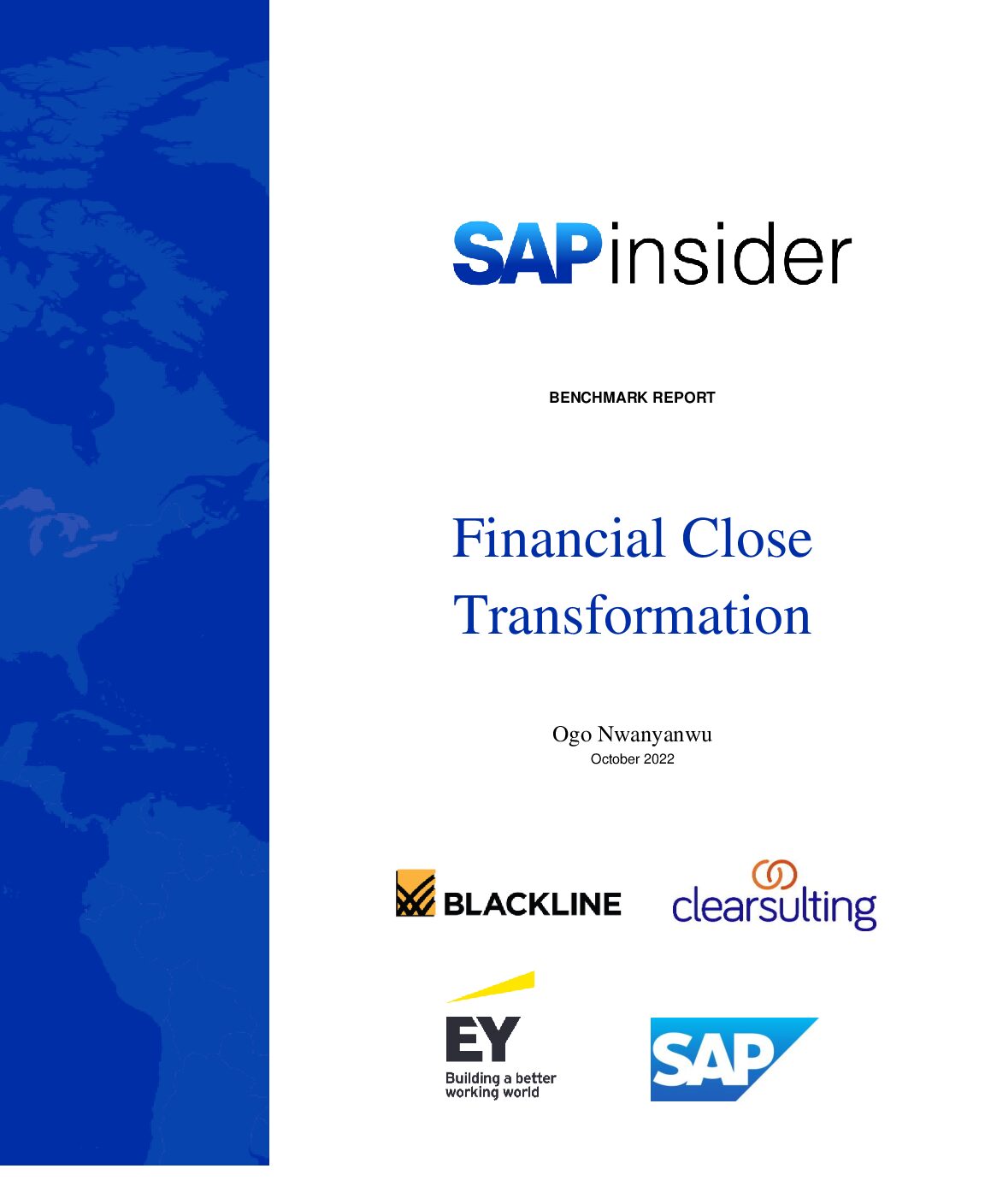CFOs Take Note: Robotic Process Automation Brings Greater Efficiency and Intelligence to Finance Processes
Corporate finance and treasury departments process thousands of transactions every day, many of which are automated. In fact, automating routine finance tasks — such as order-to-cash and purchase-to-pay processes — has become so common that the prospect of executing them manually is almost unthinkable. But a new level of automation known as robotic process automation (RPA) has recently emerged, and many are curious about the technology’s implications for finance departments.
As increasingly high customer expectations call for advances in how finance departments function, RPA has become a growing area of interest for CFOs who are seeking new technological developments to bring greater efficiency and performance to their organizations. When working with technologies such as SAP solutions for finance, RPA has the potential to change the way finance and treasury operations are executed, managed, and reported — and many business leaders are taking note.
So what makes RPA different from normal automation technologies, and why has it become such a hot topic?
Explore related questions
The Next Wave of Finance Automation
At its core, RPA is based on standardized and harmonized processes. Today’s RPA offerings, such as Hanse Orga’s SAP-integrated FS² solutions, go beyond basic robotic automation and provide enhanced or even cognitive process automation. This enhanced automation can be achieved with intelligent algorithms that enable self-learning or machine learning, which allows the software to constantly improve independently without being explicitly programmed for certain tasks. These cognitive capabilities can lead to advanced efficiency for a wide range of tasks, such as reducing exception handling.
With available data volumes constantly and significantly increasing, businesses require solutions that are capable of dealing with big data. Cognitive automation can analyze and evaluate big data automatically based on smart algorithms, and thus provide much deeper and faster intelligence than ever before. It is therefore the next logical step in data management. There are several key benefits that you can consistently expect from RPA:
- Highly accurate and up-to-date data for management decisions: In addition to efficiency gains through a reduction of cycle times, RPA optimizes financial key performance indicators (KPIs) such as days sales outstanding, days payable outstanding, annual bad debt, and collections effectiveness. Consequently, management gains faster and more accurate data than from manually consolidated data.
- Better control and compliance: The KPIs that RPA can rapidly provide are the backbone of efforts to control processes across the entire company. RPA also supports compliance with rapid data consolidation and a full audit trail.
- Reduced operational risk: RPA helps cut down financial losses by preventing errors, such as missing payment release deadlines, late financial closing, or acting on incorrect or incomplete information.
- User-friendly systems: RPA solutions do not disturb underlying systems such as SAP solutions, but instead work with them efficiently. If RPA solutions are directly embedded in SAP systems — such as with Hanse Orga’s FS² solutions — this avoids any risk-prone interfaces and ensures high levels of security. They also require a comparatively short implementation time and deliver benefits almost instantly.
Intelligent algorithms that enable self-learning or machine learning allow software to constantly improve without outside programming.
A Strategic Priority
RPA is an emerging trend that will need to be a strategic priority for companies in the future. RPA solutions currently available, such as the FS² solutions, already deliver enhanced capabilities that enable CFOs around the world to achieve best practices and world-class processes. Innovative solutions that empower companies to benefit from the latest technology will continue to be developed, enabling organizations to optimize their processes to the fullest extent. For more information on robotic process automation or to obtain a free demo, visit www.hanseorga-group.com/en/hanseorga/solutions/fs2.







